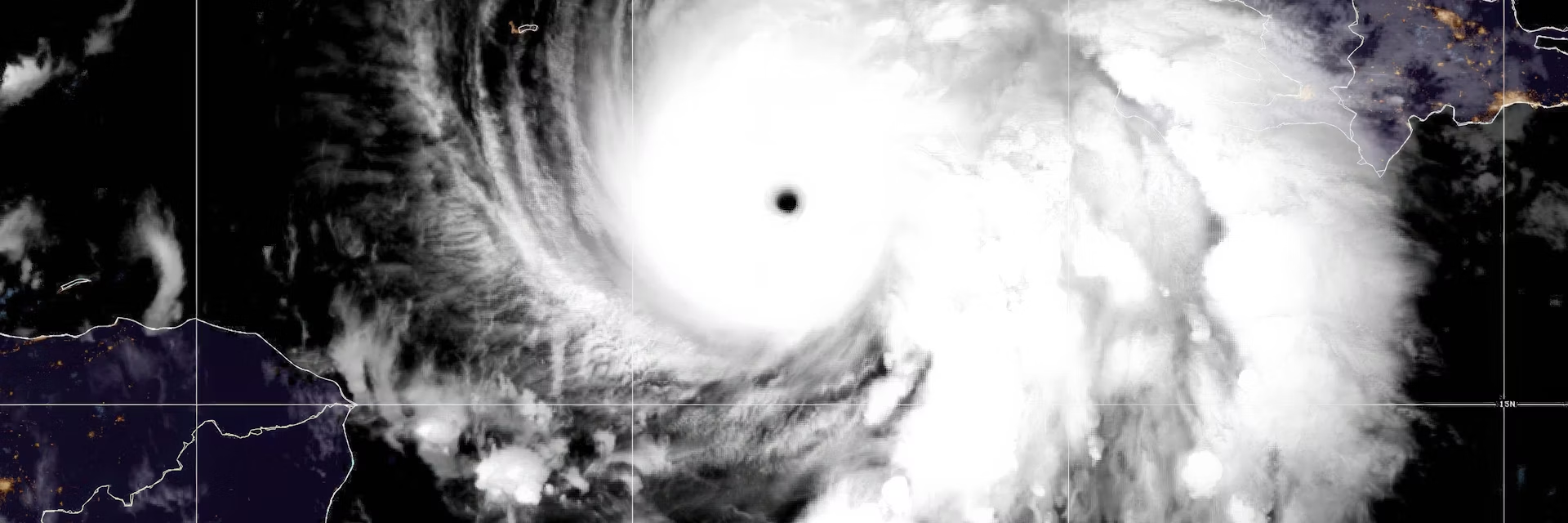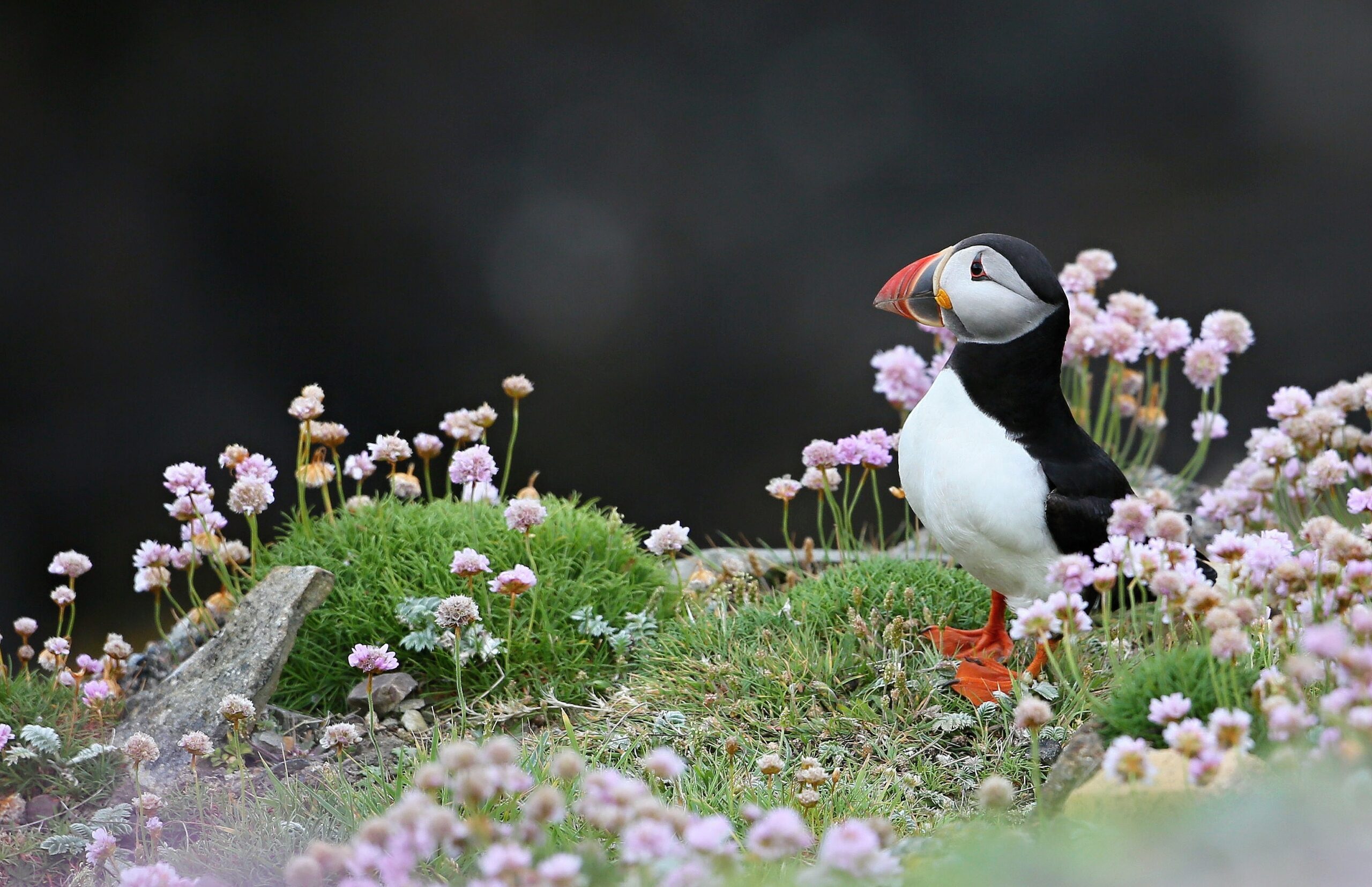atmospheric science
Victorian technology for measuring the weather is still remarkably accurate – new research
Why we’re hunting through a century of data from Britain’s northernmost observatory
Cold war nuclear tests changed rainfall thousands of miles away
It’s difficult to imagine quite how alarming it would have been for the world’s meteorologists monitoring the atmosphere during the nuclear tests in the 1950s and early 60s. The radioactivity…Read More >
Climate change means longer take-offs and fewer passengers per aeroplane – new study
Warmer, less dense air and weaker winds thanks to climate change result in more difficult take-offs for aeroplanes – and that means carrying fewer passengers for the same amount of…Read More >
World War II bombing raids in London and Berlin struck the edge of space, our new study reveals
World war 2 bombing raids had an effect on the upper level of the Earth’s atmosphere, hundreds of miles away from where the bombs fell, according to research from Reading…Read More >
Fixing a hole
31 years on from the international treaty which banned CFCs, Reading atmospheric scientist Michaela Hegglin reflects on what’s been achieved and whether we’ve really solved the problem of ozone layer…Read More >
Stronger turbulence causes a stir
By Professor Paul D. Williams and Luke N. Storer, Department of Meteorology, University of Reading Our new study calculating that climate change will strengthen aviation turbulence has caused a stir on…Read More >



